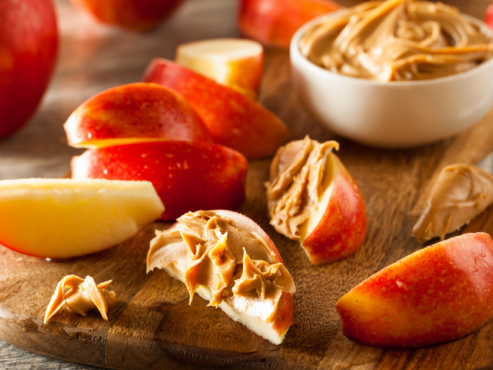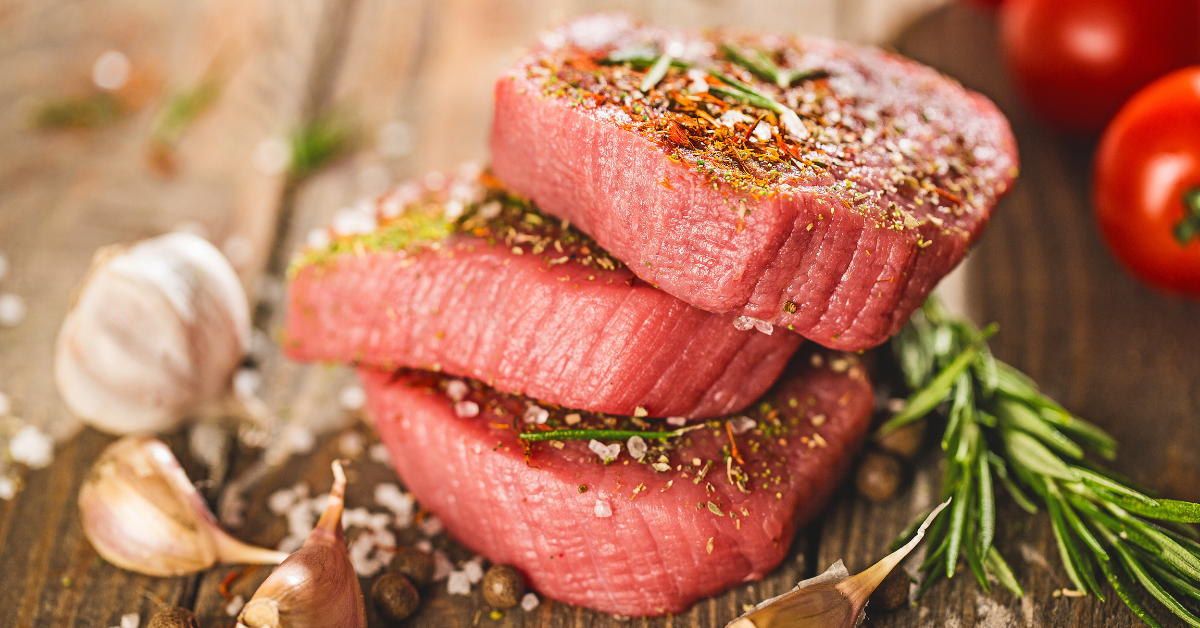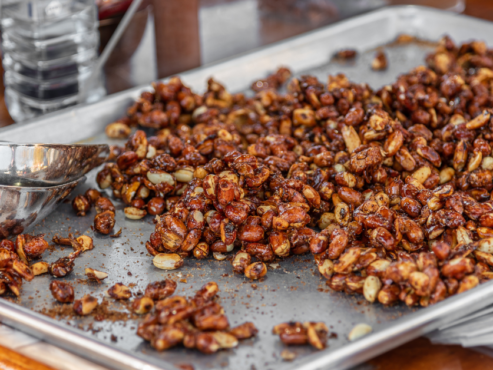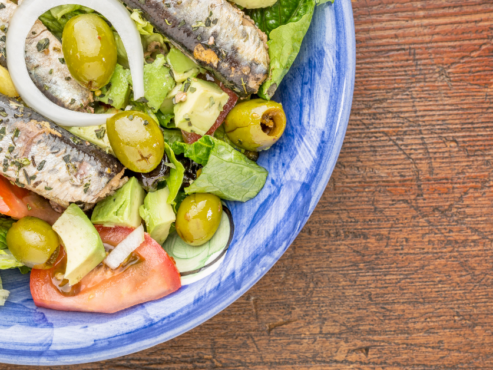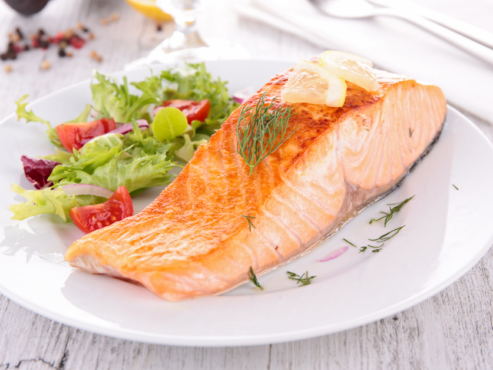
You’ll notice we’ve provided you with a suggested macronutrient split on your app home screen. We’ve generated these numbers using a standardised method called the Mifflin St-Jeor equation, as well as factoring in some variables like your training split and training goal.
We need to remember that these figures are not concrete. They are there to be used as a ballpark number to get us on the right track. Think of this number as a start point, and from there, we can begin to adjust if needed through some guided self-experimentation and feedback.
So if you’re interested, here’s how we landed on your magic protein requirement number. To make it easier to understand, we are going to show you the same process we used for your guidelines on our old friend Joseph Blogovich as an example using some arbitrary data:
We figured out Jo’s BMR by taking some basic biometric information
- Gender: Male
- Weight: 90
- Height: 180
- Age: 37
Using the Mifflin St Jeor equation, we know Jo’s BMR is ~1,845 Kcal.
We then calculate Jo’s maintenance calories by attaching the unique number (1.375) to his training split, which he told us was three days/week. We then use this to multiply his BMI.
1,845kcal (BMI) x 1.375 = 2,536kcal (maintenance calories)
We then need to account for Jo’s training goal
It’s Fat Loss, so we factored in a relatively sustainable calorie deficit of -350kcals to get our total daily calorie intake of 2,186kcal
After all of that, we then distributed Jo’s total daily calories (2,186) across a standardised macro split of:
40% protein – 40% carbohydrate – 20% fats.
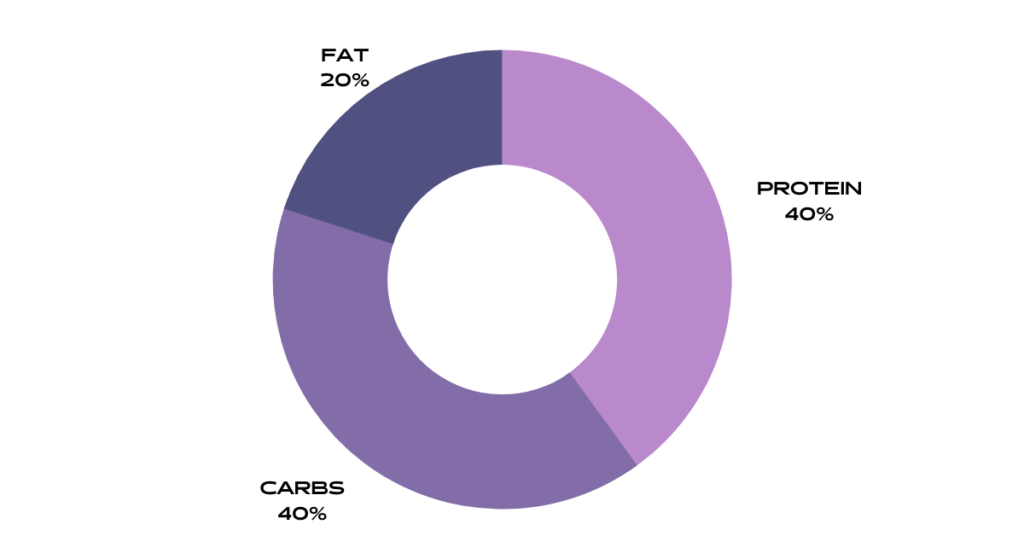
We’re almost there
We then take Jo’s total daily calorie intake (2,186) and times that by 0.40 (the percentage of calories we allocated to protein in the above step) to establish how many actual calories of protein we want to consume.
2,186 x 0.40 = 874kcal of protein.
Finally – we now know that Jo needs ~874kcal / day of protein to help support his fat reduction goal. To get that into grams, we need to divide 874 / 4 (the amount of kcals in a single gram of protein)
This gives us a magic number of ~218g of protein/day.
Applying this knowledge
Just to throw a spanner in the works, you will normally see protein requirements displayed as grams per kilogram of body weight (g/kg). This is slightly different from the calculation we have just performed, which is based on calorie intake.
For individuals with a healthy weight consuming between 2-2.5g / kg BW of protein per day has been shown to support fat loss whilst protecting muscle mass.
If we apply this to our old friend Joseph who is 90kg, we would be looking at a minimum intake of 180g / day and an upper limit of 225g /day.
For individuals that are obese or overweight, consuming between 1.5-2g / kg BW of protein per day may be a more realistic target as we need to consider greater total body weight.
Try matching these additional figures against the recommendations from your home screen to see where you land. The most important points to focus on in any fat loss protocol are total daily calorie intake and protein. If you get those two areas on point, you’re well on your way.


